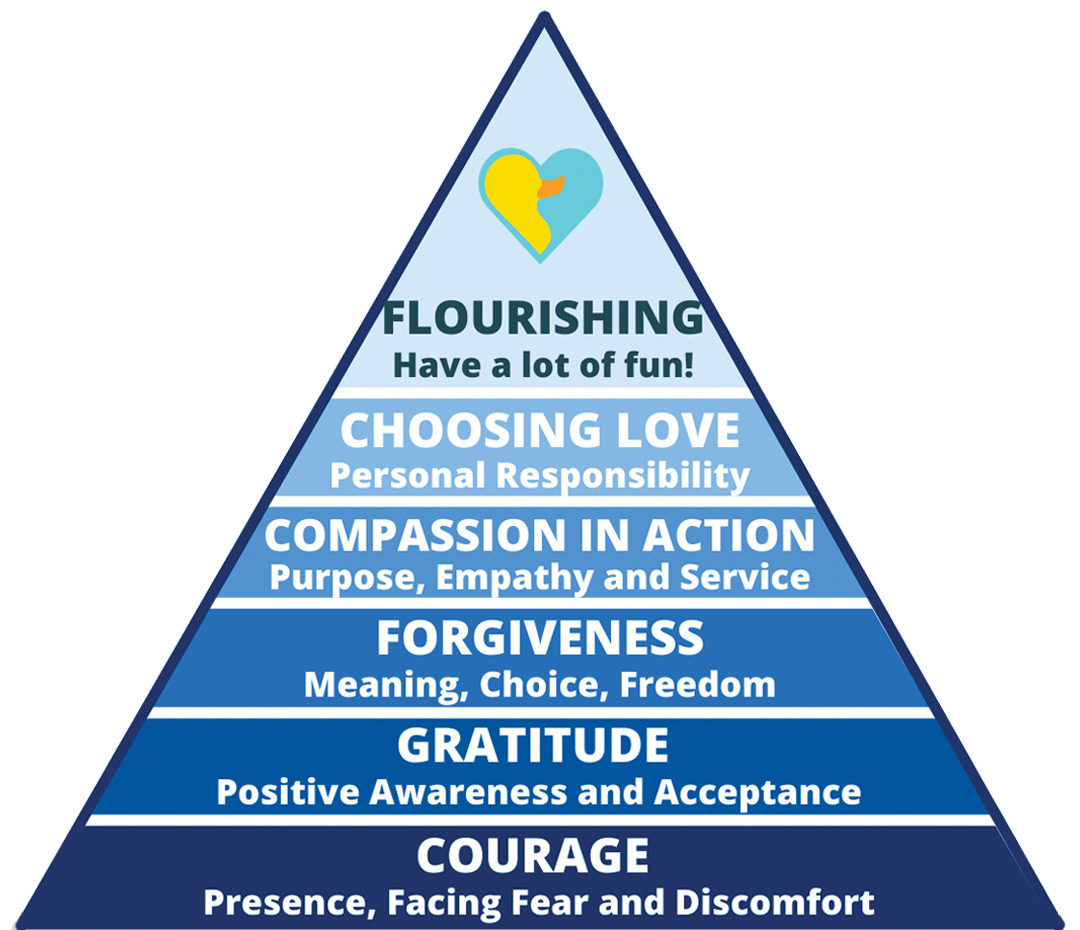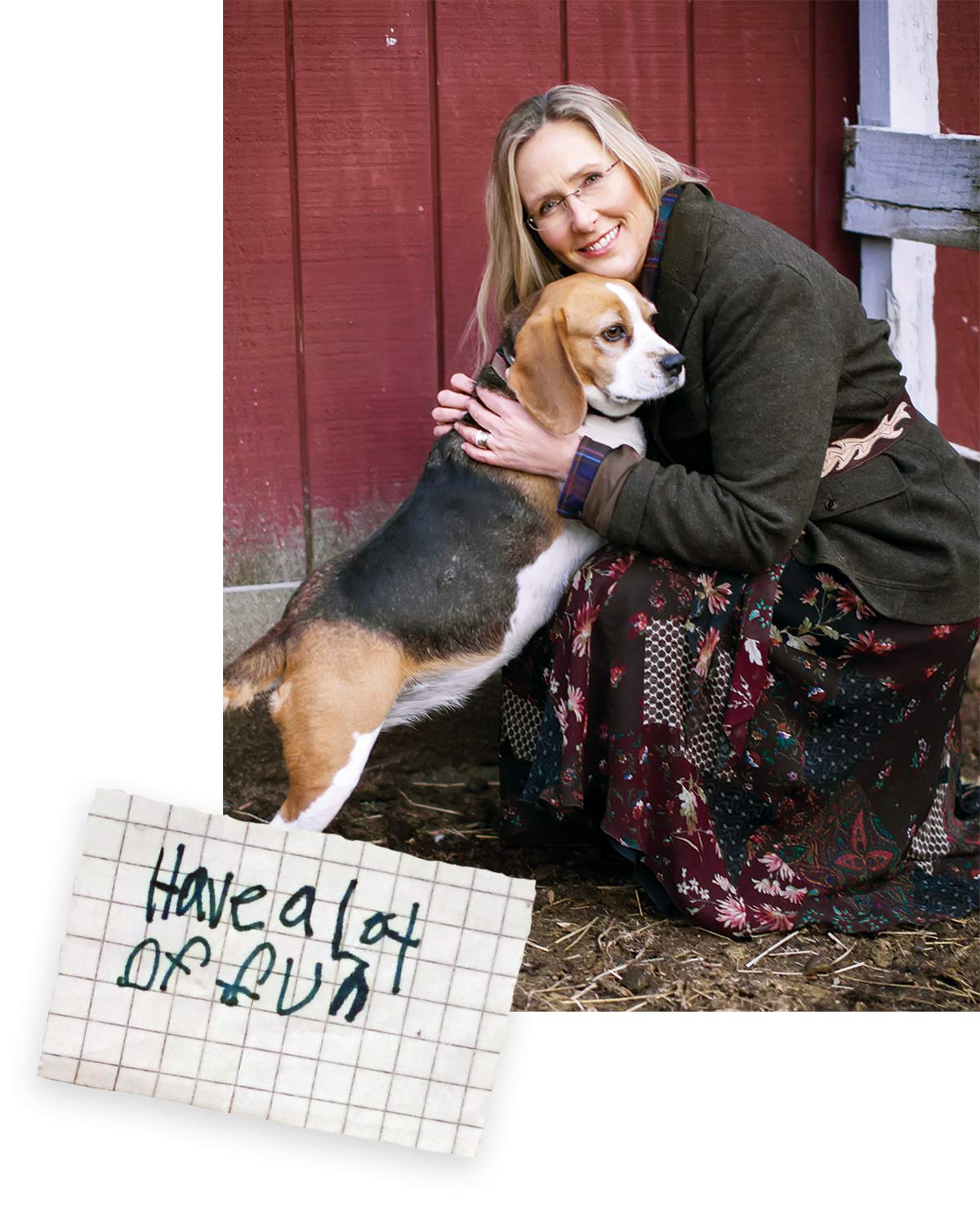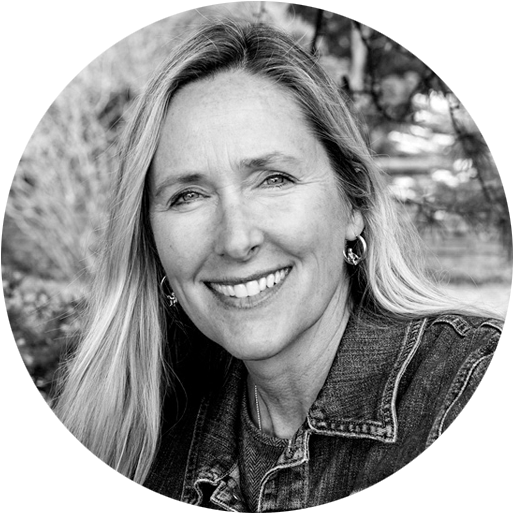hat is your ultimate objective in life? Discovering your purpose and why you’re here? Finding meaning in your existence and events as they unfold?
Most likely, we can agree that we want the same for ourselves as we do our children – to flourish and get the most out of life. This was the message that my six-year-old son, Jesse, left for his older brother shortly before his murder in a Connecticut school shooting. Scrawled on a little piece of folded graph paper, these prophetic words – “Have a Lot of fun” – constituted an ultimate goal for us all.
— Jack Canfield
hat is your ultimate objective in life? Discovering your purpose and why you’re here? Finding meaning in your existence and events as they unfold?
Most likely, we can agree that we want the same for ourselves as we do our children – to flourish and get the most out of life. This was the message that my six-year-old son, Jesse, left for his older brother shortly before his murder in a Connecticut school shooting. Scrawled on a little piece of folded graph paper, these prophetic words – “Have a Lot of fun” – constituted an ultimate goal for us all.
— Jack Canfield
Jack Canfield, author, motivational speaker, and founder of the Chicken Soup for the Soul series, said, “The biggest rewards in life are found outside your comfort zone. Live with it. Fear and risk are prerequisites if you want to enjoy a life of success and adventure.” The Cambridge dictionary defines comfort zone as “a situation in which you feel comfortable and in which your ability and determination are not being tested.” Does this sound familiar? Probably not right now. In this moment in history we are all, most likely, outside our comfort zones.
During a global pandemic, social unrest and an uncertain future, you can find yourself in this domain with an option of living in fear or choosing courage. The good news is that when you’re outside your comfort zone, you can move into a growth zone, a place where you can acquire knowledge and adapt. This is a constructive and expansive territory that allows you the opportunity to explore beyond where you have normally existed. This is also where your brain engages its learning centers and you gain new skills, understanding and the ability to thrive beyond your current situation.
To realize this expansion usually requires an individual push to step away from security, contentment and convenience. The global pandemic, however, has made this choice for us. COVID-19 has pushed us all outside our comfort zones. It’s up to every one of us to determine where we will land and how we will make use of this time in our lives.
I was introduced to this firsthand, and in dramatic fashion, when Jesse was murdered in his first-grade classroom at Sandy Hook Elementary School. In a split second, my life was upended. I found myself floundering and having extreme difficulty regaining my bearings. I had literally been catapulted outside my comfort zone, I found myself in a new world filled with loss and pain. My options were to adjust or to languish in misery.
Being thrust into a new world and unfamiliar circumstances is stressful. It can make you feel anxious and unsure of yourself and the future. In order to navigate this novel landscape, it is helpful to understand the difference between stress and anxiety. Stress emanates from external events. For instance, COVID-19 is an event outside of ourselves over which we have no control. However, anxiety is an internal response that is curated in our minds. We do have control over our thoughts, which impact us on a cellular level, leading us toward flourishing or languishing. When we’re in the present moment, we can focus our attention toward forward movement.
The life-changing lesson I have learned is that we each ultimately have a choice that requires the courage to take personal responsibility for where we are and where we’re going. It also involves the determination to make it work to our advantage. The opposite is blame, finger-pointing and fault-finding. This gives the illusion of maintaining comfort by putting responsibility for our own lives elsewhere. In this scenario, we find ourselves lacking control, which can lead to victimhood. This is not a comfortable place. In fact, it can lead to anger and resentment and have long-term, negative impacts on our physical, mental and emotional health.

So, the question remains: how do you take your personal power back and prosper in a growth zone? By adopting a mindset that sees challenges, difficulty and even tragedy as an opportunity for learning and personal growth. This was labeled “Growth Mindset” by American psychologist Carol Dweck. In her research, Dweck found that when we believe we can overcome obstacles, we rise to the occasion and begin to see difficulty as a challenge and opportunity for growth. This activates resilience, invites possibility and leads to progress. You can cultivate a growth mindset by accepting circumstances that you can’t control and moving forward. You can use gratitude to help shift your thoughts away from fear, blame and what you lack, to what you have. There is always an opportunity to be grateful, even if it is for a single moment. The alternative is a fixed mindset, where we believe our character, intelligence and creative abilities are static. This limiting mentality causes us to avoid challenges, give up easily and believe that trying is fruitless.
As humans, we are wired for connection. The pandemic has made it difficult to establish close relationships in addition to posing difficulties maintaining existing relationships in close and constant proximity. Research has shown that the practice of forgiveness facilitates healthy relationships, which are the key to happiness according to a 75-year ongoing lifespan study by Harvard University (“The Grant Study”). Networks help us get what we need, and sometimes even what we want.
Practicing compassion-in-action, showing empathy for others’ predicaments and actively working to solve them, creates a ripple effect that also includes yourself. What you give out, comes back. Similar to hardiness zones, which describe a specific range of environmental conditions in which plants thrive, we, as humans, have a direct path to flowering and reaching our full growth potential, and it includes helping others.
Viewing life’s challenges as opportunities, being present and actively engaging is key in this process. If you are not focused on discovering and envisioning progression during this difficult chapter, you may lose awareness and succumb to what is known as the panic zone. This is where you enable anxiety to utilize your energy rather than focusing on learning and personal growth. When you’re in the panic zone, your brain shuts down your logic and reasoning center and fortifies the freeze, flight, or fight area. When you operate from this part of your brain, you allow fear to narrow your opportunities and capabilities. Understanding the lay of the land, the elation of the hills but also the evolution of the valleys, can help you navigate the course successfully.
When you can find equanimity in where you are, you are able to model it for your family and your community. The very act of modeling helps you to rise to the occasion and be your best you, even during a pandemic. As spiritual teacher Ram Dass once observed, “We’re all just walking each other home.” Once you get to the other side of the fear that holds you back, you can be your best in any circumstance.


Lewis travels across the United States and internationally to promote the Choose Love Enrichment Program, a no-cost, comprehensive SEL program empowering educators and students to choose love. The Choose Love Enrichment Program has been downloaded in all 50 states and in nearly 90 countries.
Lewis travels across the United States and internationally to promote the Choose Love Enrichment Program, a no-cost, comprehensive SEL program empowering educators and students to choose love. The Choose Love Enrichment Program has been downloaded in all 50 states and in nearly 90 countries.